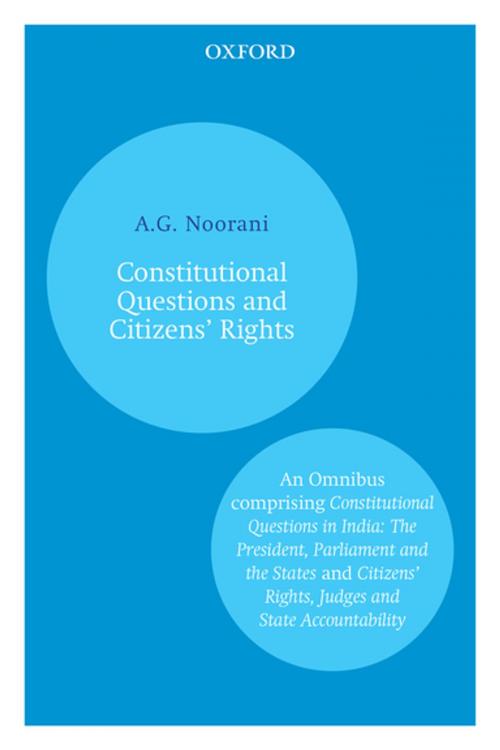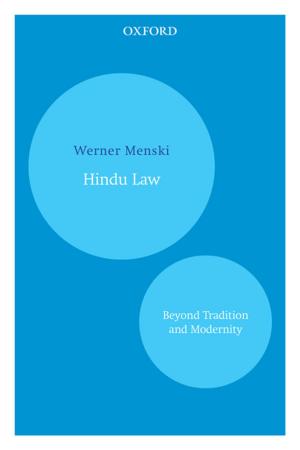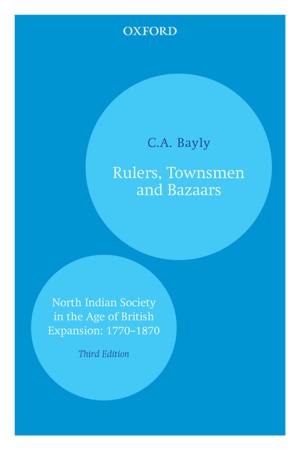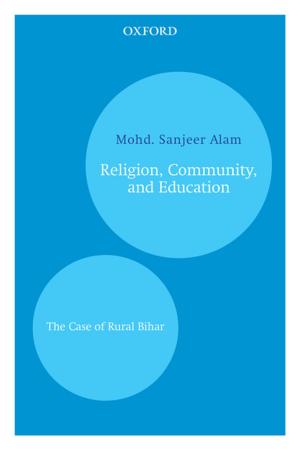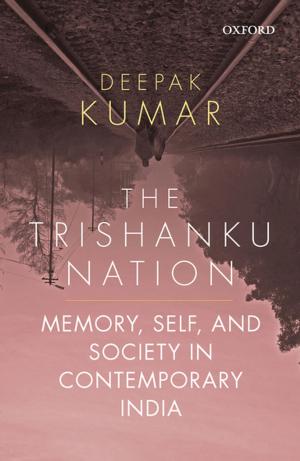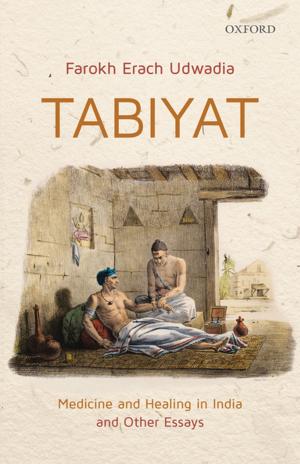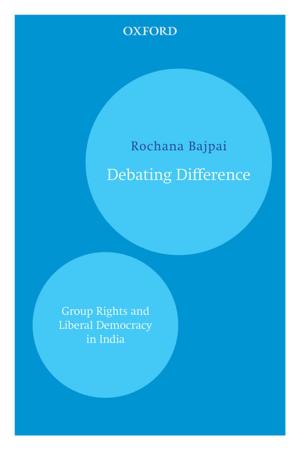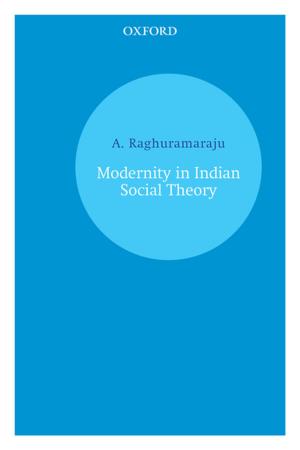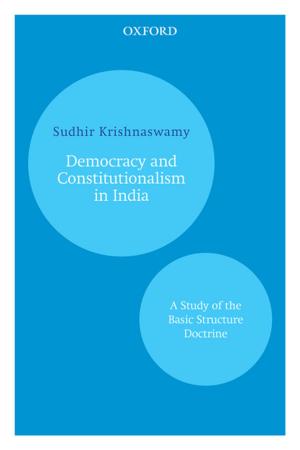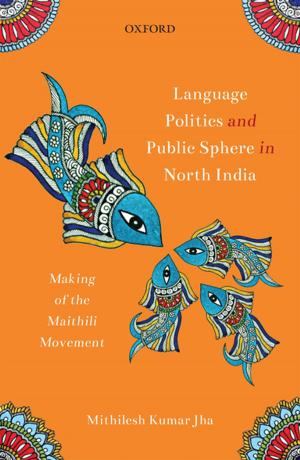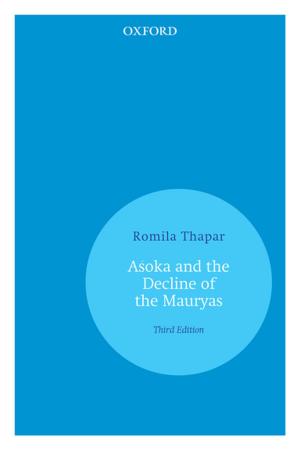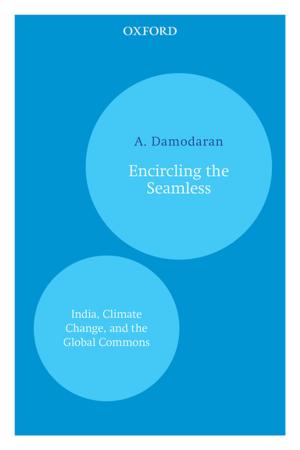Constitutional Questions and Citizens' Rights
An Omnibus comprising Constitutional Questions in India: The President, Parliament and the States and Citizens’ Rights, Judges and State Accountability
Nonfiction, Reference & Language, Law, Constitutional, Social & Cultural Studies, Political Science, Business & Finance| Author: | A.G. Noorani | ISBN: | 9780199087785 |
| Publisher: | OUP India | Publication: | December 5, 2005 |
| Imprint: | OUP India | Language: | English |
| Author: | A.G. Noorani |
| ISBN: | 9780199087785 |
| Publisher: | OUP India |
| Publication: | December 5, 2005 |
| Imprint: | OUP India |
| Language: | English |
This omnibus brings together two highly acclaimed volumes of essays written by India's leading constitutional expert and political commentator, A.G. Noorani. The volume also includes nine new essays that examine key issue areas that emerged in the debate on institutions and citizens' rights later. The essays explore the Indian Constitution and its basic structure, Parliament and the making of foreign policy, the issue of lobbying and the need for appropriate legislation, as also ethical codes for parliamentarians and ministers. Further, the omnibus includes a discussion of Courts and their powers of contempt, journalist's rights and freedom of information, in addition to an analysis of the choice of candidates by political parties. Written in the author's trademark lucid style, Constitutional Questions in India scrutinizes almost every constitutional problem that arose in the last two decades. The essays in this volume deal with issues concerning the President, Parliament, the states, the Judiciary, the Civil Services, the Election Commission, the armed forces and the process of accountability on which the constitutional machinery is based. Citizens' Rights, Judges and State Accountability follows the discussion of the executive and legislative branches with a discussion of India's institutions, the Judiciary, Civil Services and the elections, and various commissions of enquiry constituted by the government. It is supplemented with insights into the freedom of information and the citizen's rights to know, and specific articles on the Constitution, parliamentary resolutions, foreign policy, and the armed forces. While highlighting the process of accountability across these institutions, the volume demonstrates how citizens can assert their rights in the face of institutional disinterest and injustice.
This omnibus brings together two highly acclaimed volumes of essays written by India's leading constitutional expert and political commentator, A.G. Noorani. The volume also includes nine new essays that examine key issue areas that emerged in the debate on institutions and citizens' rights later. The essays explore the Indian Constitution and its basic structure, Parliament and the making of foreign policy, the issue of lobbying and the need for appropriate legislation, as also ethical codes for parliamentarians and ministers. Further, the omnibus includes a discussion of Courts and their powers of contempt, journalist's rights and freedom of information, in addition to an analysis of the choice of candidates by political parties. Written in the author's trademark lucid style, Constitutional Questions in India scrutinizes almost every constitutional problem that arose in the last two decades. The essays in this volume deal with issues concerning the President, Parliament, the states, the Judiciary, the Civil Services, the Election Commission, the armed forces and the process of accountability on which the constitutional machinery is based. Citizens' Rights, Judges and State Accountability follows the discussion of the executive and legislative branches with a discussion of India's institutions, the Judiciary, Civil Services and the elections, and various commissions of enquiry constituted by the government. It is supplemented with insights into the freedom of information and the citizen's rights to know, and specific articles on the Constitution, parliamentary resolutions, foreign policy, and the armed forces. While highlighting the process of accountability across these institutions, the volume demonstrates how citizens can assert their rights in the face of institutional disinterest and injustice.
